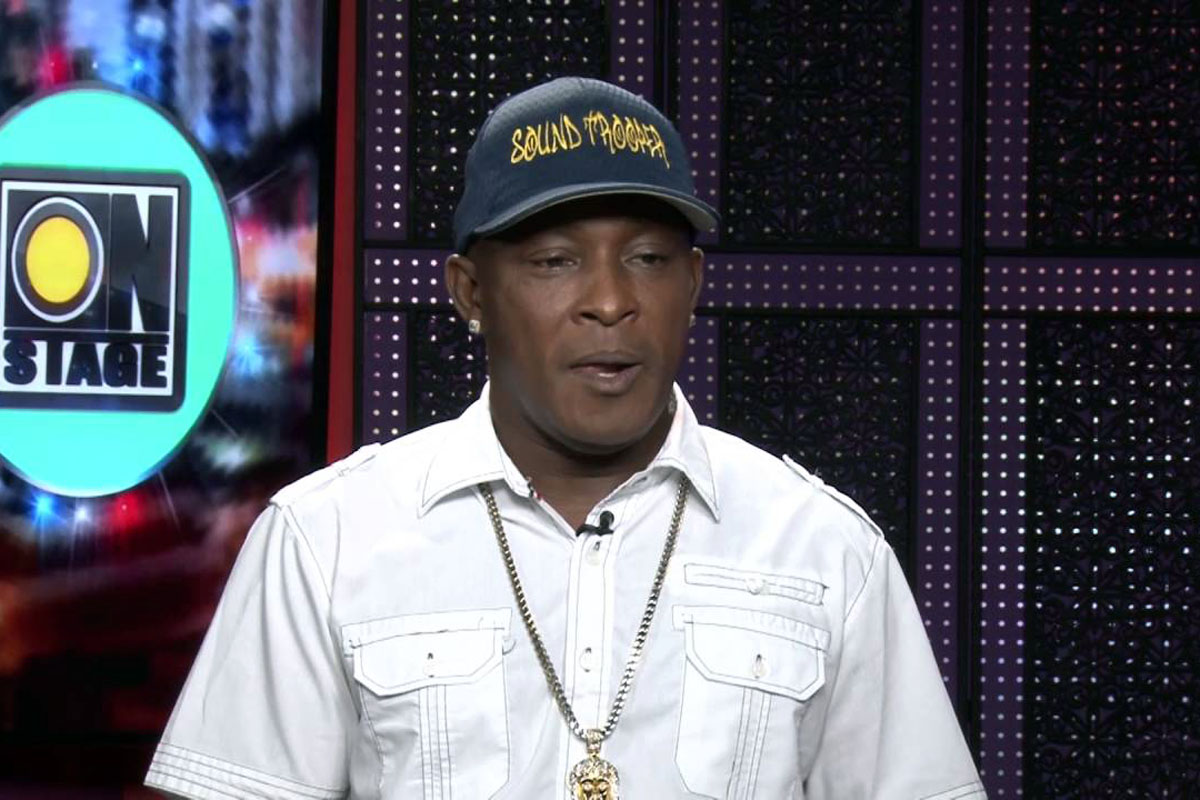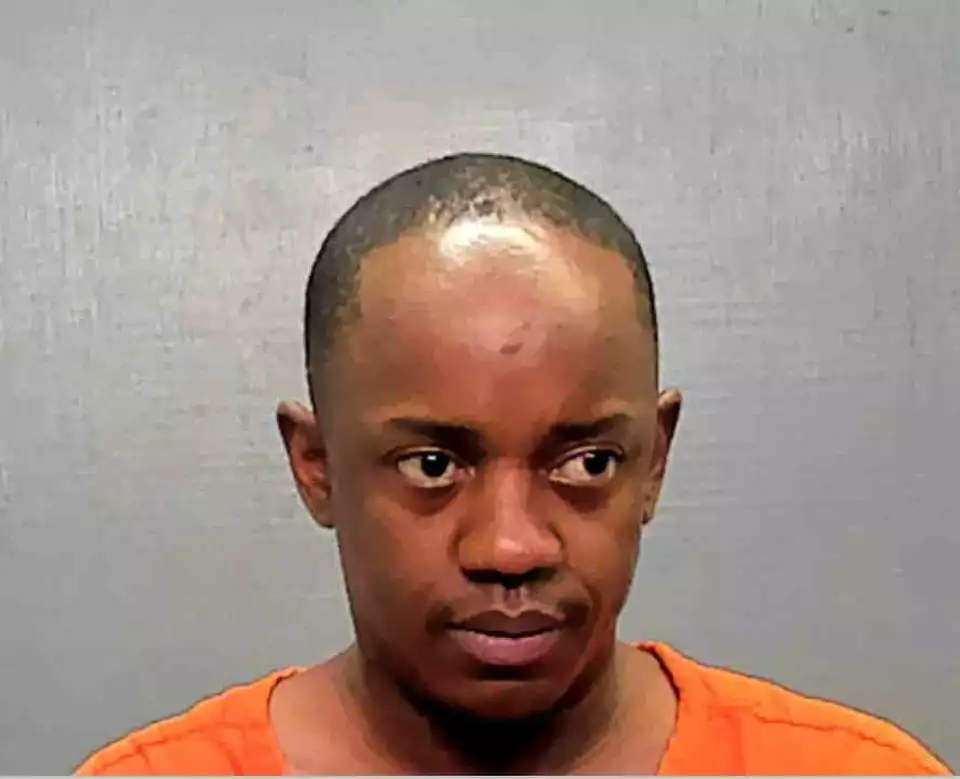Man Convicted Of Murder Of Ricky Trooper’s Daughter Hit With 55 Year Sentence

Famed dancehall selector Ricky Trooper hopes that the soul of his daughter, Brianna Destiny McKoy, can rest in heaven now knowing that her killer, Derrick Francis was sentenced to 55 years in prison earlier this week.
The convicted killer was found guilty following a four-day trial in April of this year. The panel of three judges unanimously found the New York man, 41, guilty of the gruesome 2023 murder, two years since the incident.
Francis was romantically involved with 34-year-old Brianna Destiny McKoy, who was also his child’s mother, and her murder deeply rocked the Jamaican music community and the diaspora worldwide.
The panel, composed of Judges Earl B. Richards III, Eliot D. Prescott, and Peter A. McShane, had rejected the argument of “extreme emotional disturbance” as a defence put forward by Francis’ attorney, Gerald Klein, who theorized that Francis had “reached a breaking point” in a turbulent relationship.
According to reports in the CT Post, more than a dozen family and friends of McKoy showed up to the sentencing hearing on Thursday (June 5).
One of the presiding judges, Judge Earl Richards, spoke in court on behalf of the panel while lambasting the convicted killer before handing down the lengthy sentence. “This is a case that defies description,” Richards told the court. “It tests one’s belief in a benevolent God.”

The judge revealed that Francis and McKoy got into a heated argument on the day of the killing after he had returned to a condo they were living in with their 18-month-old son. Francis allegedly used a 9 mm semiautomatic pistol to shoot McKoy four times in a bedroom while their son was in a playpen. He then fled Connecticut to New York before fleeing to Ohio, where he was arrested. The weapon he was arrested with while on the run in Ohio was the same gun used to shoot McKoy.
Francis declined to speak in court during his sentencing hearing. His defense attorney, Gerald Klein, had asked the judge for a lighter sentence of between 25 and 60 years, arguing that the defendant was suffering from “mental health issues.”
